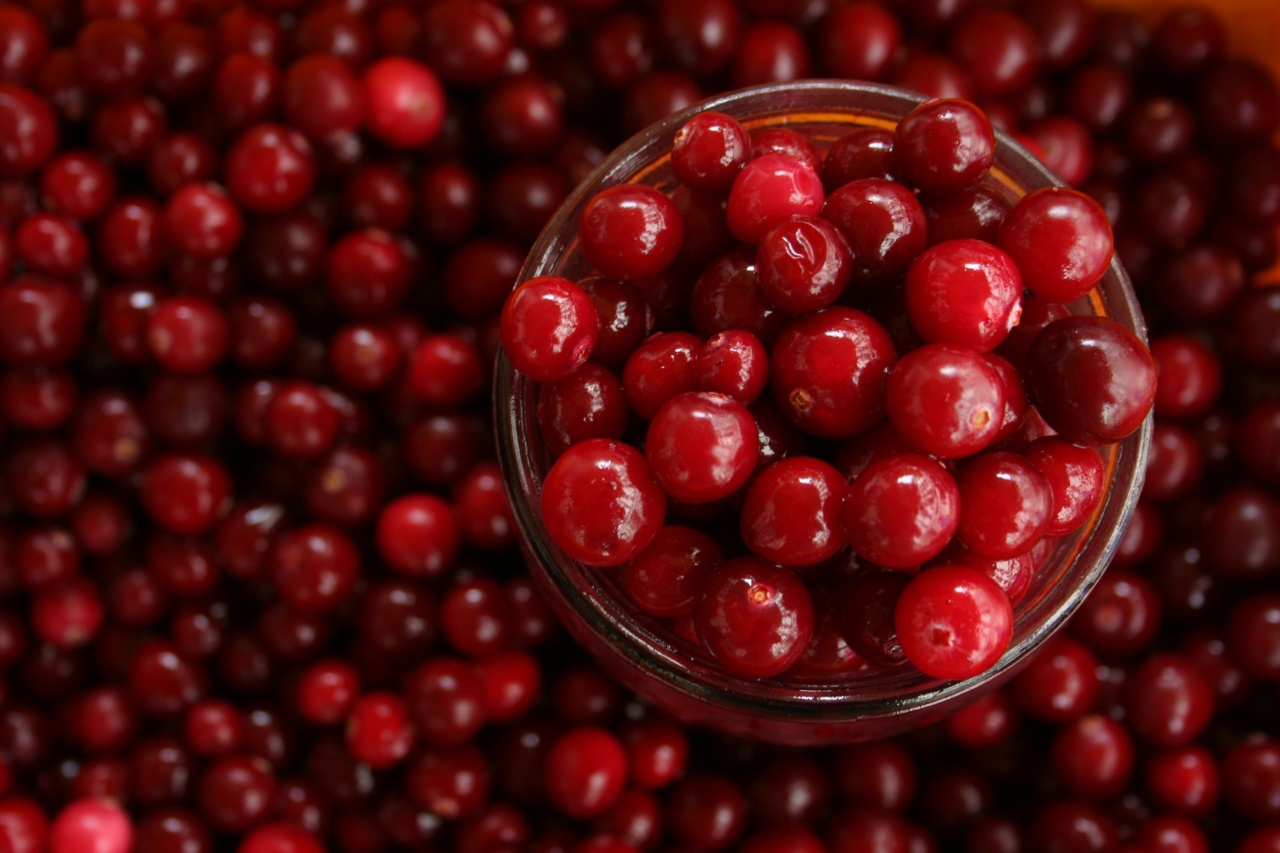When it comes to healthy eating, we often talk about fruits and how they are an excellent source of various nutrients.
While we are usually familiar with the common fruits like apples, bananas, oranges, and berries, there is a small yet potent fruit that most of us overlook. This fruit is none other than kiwi fruit, a small fruit with major nutritional perks.
What is Kiwi fruit?
Kiwi fruit, also known as Chinese gooseberry, is a small fruit that originated from China. This fruit has a fuzzy brownish-green exterior with a bright green flesh inside that is studded with tiny black seeds.
Kiwis are typically sweet and tangy in flavor, but they can vary in taste depending on ripeness and variety.
Kiwis have become increasingly popular in recent years due to their high nutritional content and potential health benefits.
In fact, kiwis are considered one of the healthiest fruits in the world, and they are packed with vitamins, minerals, antioxidants, and fiber that are essential for good health.
Nutritional Benefits of Kiwi fruit
One of the reasons why kiwis are highly regarded for their nutritional value is because they are low in calories but rich in nutrients. Here are some of the key nutrients found in kiwi fruit:.
Vitamin C
Kiwis are an excellent source of vitamin C, an essential nutrient that is crucial for maintaining healthy connective tissue, immune function, and wound healing.
Just one cup of sliced kiwis contains more than 100% of the recommended daily intake of vitamin C. This makes kiwi one of the best sources of vitamin C, especially for those who do not consume much citrus fruit.
Vitamin K
Kiwi fruit is also rich in vitamin K, a nutrient that is essential for bone health and blood clotting. Vitamin K helps the body absorb calcium and prevents it from being excreted in urine, which helps to maintain strong bones.
A one-cup serving of kiwi fruit contains approximately 36 micrograms of vitamin K, which is about 30% of the recommended daily intake for adults.
Vitamin E
Vitamin E is a fat-soluble antioxidant that is essential for protecting the body against damage from free radicals. Kiwi fruit is a good source of vitamin E and contains around 1.5 milligrams in a one-cup serving.
This vitamin plays a vital role in maintaining healthy skin and preventing oxidative damage to cells and tissues in the body.
Potassium
Kiwi fruit contains potassium, an essential mineral that helps regulate blood pressure and heart health. One cup of sliced kiwi contains approximately 550 milligrams of potassium, which is about 12% of the recommended daily intake for adults.
Potassium also helps to regulate fluid balance, muscle contractions, and nerve signals in the body.
Fiber
Kiwis are a good source of dietary fiber, a nutrient that plays a crucial role in maintaining digestive health and preventing chronic diseases.
A one-cup serving of kiwi fruit contains around 5 grams of fiber, which is about 20% of the recommended daily intake for adults. Fiber helps to regulate bowel movements, lower cholesterol levels, and improve satiety.
Other Nutrients
Aside from the nutrients mentioned above, kiwi fruit also contains other vital nutrients such as folate, vitamin A, calcium, and iron.
These nutrients play a significant role in maintaining good health and preventing chronic diseases such as cancer, heart disease, and osteoporosis.
Health Benefits of Kiwi fruit
Given its high nutritional content, it is not surprising that kiwifruit has several potential health benefits. Here are some of the benefits associated with consuming kiwi fruit:.
Boosts Immune System
As mentioned earlier, kiwi fruit is a rich source of vitamin C, which is essential for a healthy immune system. Vitamin C helps to stimulate the production of white blood cells, which are responsible for fighting off infections and diseases.
Kiwis also contain other nutrients like vitamin E and antioxidants that help to support the immune system and keep it working correctly.
Promotes Heart Health
Kiwis are good for heart health in many ways. Firstly, they are high in fiber, which helps to lower cholesterol levels and prevent the buildup of plaque in the arteries.
Secondly, kiwis are an excellent source of potassium, which helps to maintain a regular heartbeat and reduce high blood pressure. The antioxidants in kiwi fruit also help to improve heart health by reducing inflammation and oxidative stress.
Aids Digestion
Kiwis contain enzymes like actinidin, which helps to break down proteins and aids digestion. The fiber in kiwi fruit also helps to promote regular bowel movements and prevent constipation.
Consuming kiwi fruit regularly can help to maintain a healthy gut and prevent digestive problems.
Reduces Inflammation
Inflammation is a natural response of the body to injury or infection. However, chronic inflammation can lead to several health problems like cancer, heart disease, and arthritis.
Kiwis are rich in antioxidants like vitamin C and E, which help to reduce inflammation and oxidative stress in the body. Studies have also shown that consuming kiwi fruit regularly can lower the levels of inflammatory markers in the blood.
Improves Sleep Quality
Kiwis are rich in serotonin, a neurotransmitter that helps to regulate sleep and mood. Consuming kiwi fruit before bedtime has been shown to improve sleep quality and help people fall asleep faster.
Kiwis also contain antioxidants that help to reduce oxidative stress, which affects sleep quality.
Conclusion
In conclusion, kiwi fruit is a small yet powerful fruit that is packed with nutrients and potential health benefits.
It is an excellent source of vitamin C, vitamin K, vitamin E, potassium, fiber, and other essential nutrients that are essential for maintaining good health. Incorporating kiwi fruit into your diet can help to boost your immune system, promote heart health, aid digestion, reduce inflammation, and improve sleep quality.





























